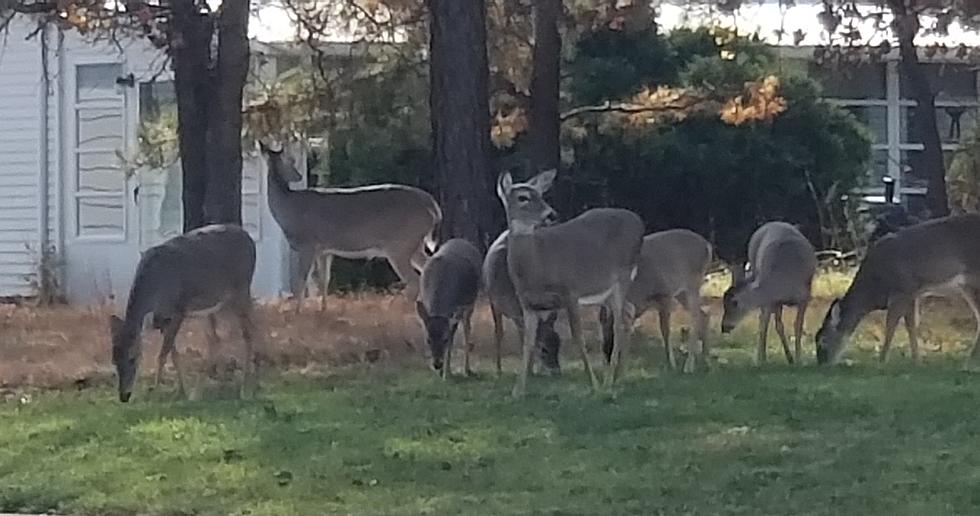
Wild deer testing positive for COVID in NJ. What does that mean?
At least two wild deer have tested positive for COVID-19.
The New Jersey Division of Fish and Wildlife has been sampling deer meat in cooperation with the U.S. Department of Agriculture.
The two positive cases came from deer harvested in Atlantic and Cumberland counties.
Deer have also tested positive in six other states — Illinois, Iowa, Michigan, New York, Ohio and Pennsylvania — as part of ongoing surveillance projects.
Federal wildlife officials have known for some time that certain wildlife species can be infected with coronavirus, but research is ongoing.
Whether the deer got the virus from people or another species is not clear. The USDA says it is "possible they were exposed through people, the environment, other deer, or another animal species."
The CDC does not believe the virus can be transmitted to humans by harvesting or eating deer meat.
Some species of wildlife can be infected with SARS-CoV-2, and there is evidence that some free-ranging wildlife have been infected in the United States. However, there is currently no evidence that wildlife might be a source of infection for people in the United States. - CDC
New Jersey wildlife officials recommend:
- Wear a mask to reduce your risk of coming into contact with pathogens transmitted through respiratory droplets. Preparing a carcass may make aerosols (small droplets and particles in the air) that could contain the virus.
- Wear rubber or disposable gloves.
- Do not eat, drink or smoke when handling and cleaning game.
- Avoid cutting through the backbone and spinal tissues and do not eat the brains of wildlife.
- It is also recommended that you don't allow your pets to come in contact with wildlife.
New Jersey's smallest towns by population
New Jersey's new congressional districts for the 2020s
Nasty NJ town nicknames — Have you heard of them?
More From New Jersey 101.5 FM









